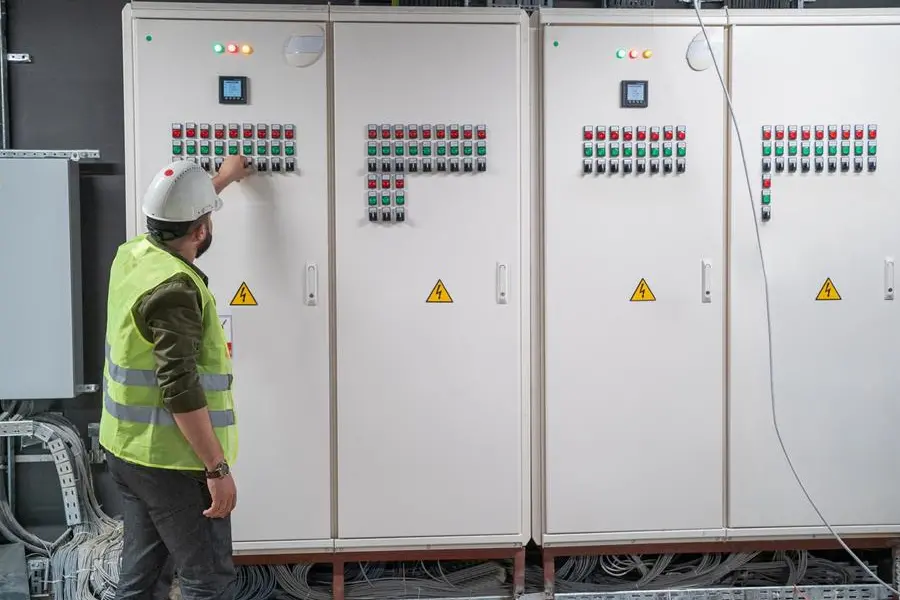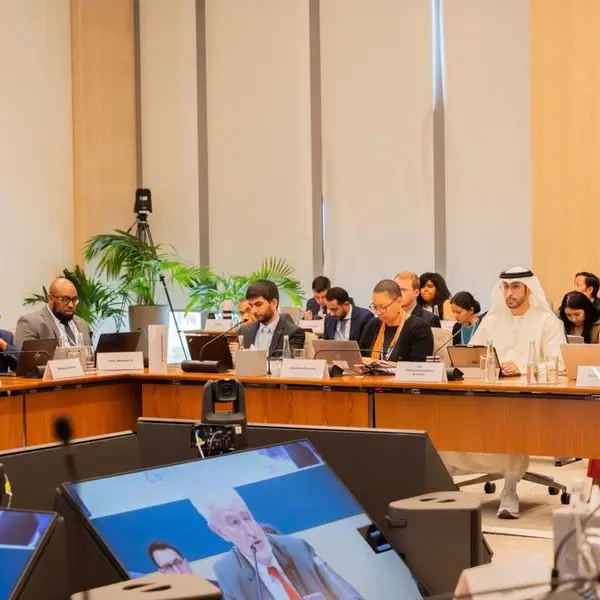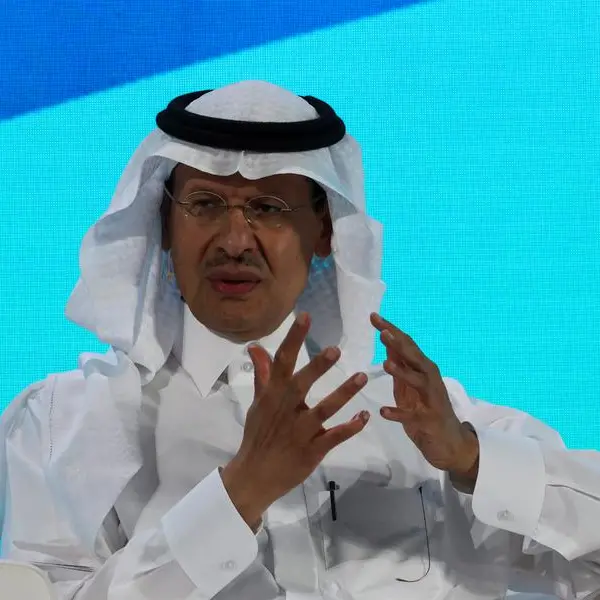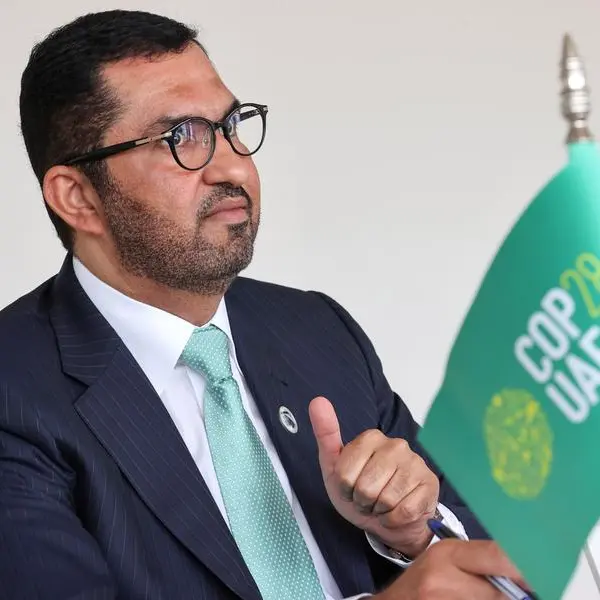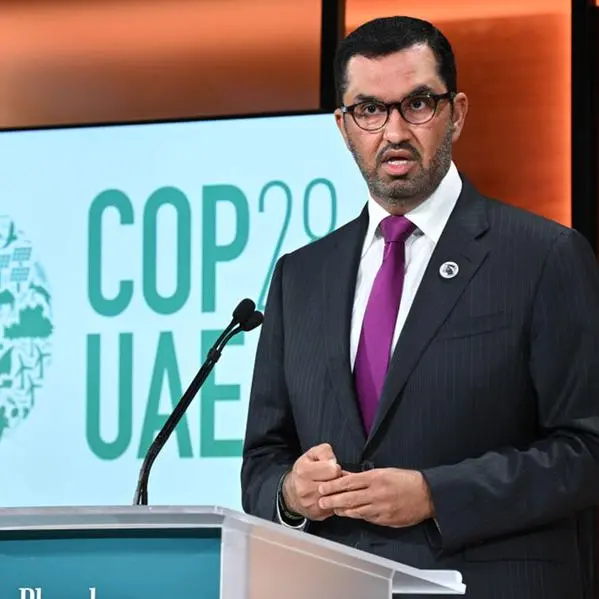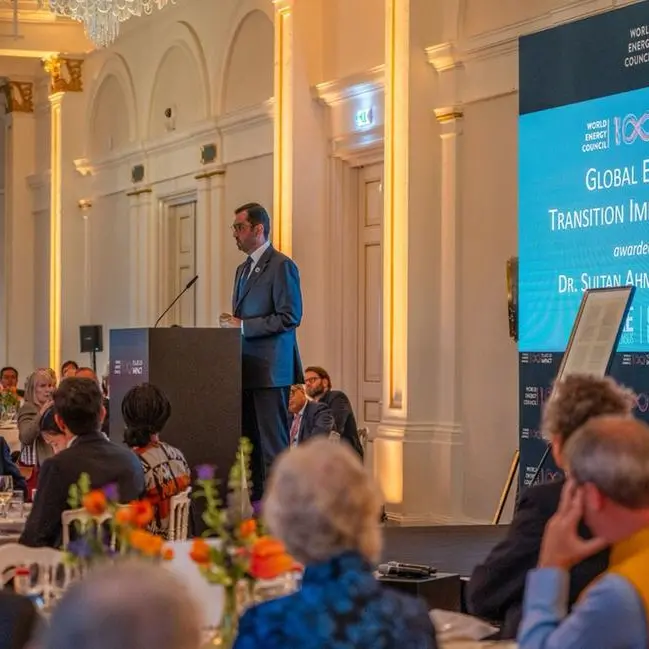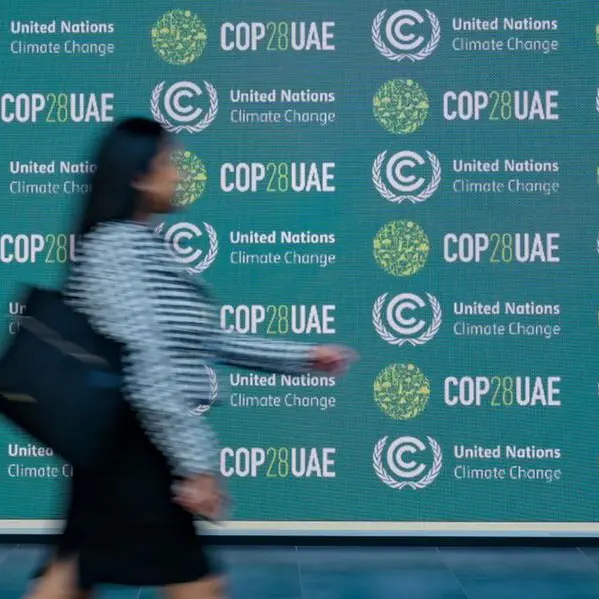PHOTO
ABU DHABI: Progressive policies are critical to boost the socio-economic benefits of the energy transition and spread them broadly across the world, a new report released by the International Renewable Energy Agency (IRENA) ahead of the UN Climate Conference COP28 in Dubai finds.
Volume 2 of IRENA’s World Energy Transitions Outlook 2023 looks at the socio-economic impacts of the energy transition and shows that the world could witness an average annual increase in GDP of 1.5% by 2050 under the 1.5°C pathway compliant with the Paris Agreement, when compared to the Planned Energy Scenario. The energy transition is also expected to create 40 million additional jobs in the energy sector by 2050, with 18 million more jobs globally in renewables alone.
Volume 1 of the Outlook released earlier this year presented a pathway to achieve the 1.5°C target, positioning electrification and efficiency as key transition drivers, enabled by renewables, clean hydrogen and sustainable biomass. It warned that the energy transition is off-track, demanding urgent and radical action including a tripling of installed renewable energy capacity by 2030.
Today’s report outlines the socio-economic impacts of IRENA’s 1.5°C Scenario. It provides policymakers with insights into how economic activity, employment and human welfare will be affected by 1.5°C and thereby assist governments to design policies that maximise the benefits of the transition.
IRENA Director-General Francesco La Camera said: “I echo the COP28 Presidency’s call for a global renewable energy target as a practical step to implement the Paris Agreement. But policymakers have predominantly concentrated on the technological facets of the energy transition, often overlooking its socio-economic implications.”
He added: “The energy transition holds great promise for boosting the global economy, but we must address persistent inequality. Bridging gaps in climate policy ambition and fostering essential structural changes places unprecedented demands on policymakers. We must facilitate positive transition outcomes while ensuring that these opportunities are equitably distributed across regions and countries.”
